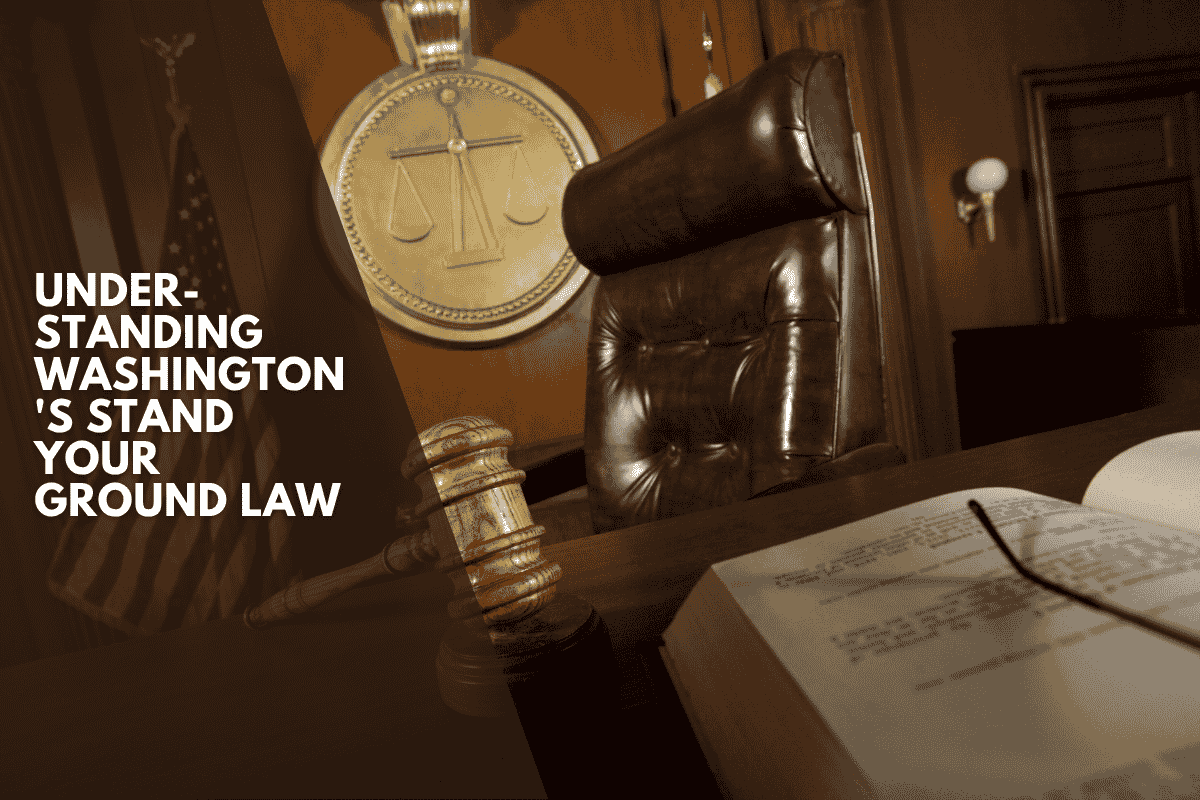Washington does not have a specific “stand your ground” statute, but the state’s legal framework and courts have established a clear stand your ground principle. This means that in Washington, there is no legal duty to retreat before using force—including deadly force—in self-defense, as long as you are lawfully present in the location where the threat occurs.
Self-Defense and Use of Force
Under Washington law, individuals are permitted to use force, including deadly force, if they reasonably believe it is necessary to prevent imminent death, serious bodily harm, or the commission of a felony against themselves or others.
However, the use of force must be necessary and proportional to the threat faced. Washington law does not require individuals to attempt retreat or withdrawal from a situation before defending themselves—whether the situation occurs in public or in their own home.
Castle Doctrine
Washington also adheres to the Castle Doctrine, which allows individuals to use force to defend themselves inside their homes or other places where they have a legal right to be.
The Castle Doctrine law presumes that a person has a reasonable fear of imminent harm when an intruder unlawfully enters their dwelling. This principle extends the right to defend oneself more strongly when the threat is inside one’s home.
Reasonableness and Proportionality
While Washington’s stand your ground law provides broad protections, the reasonableness of the perceived threat and the proportionality of the response are critical factors.
Deadly force is justified only if a reasonable person in the same situation would believe it was necessary to prevent death or serious injury. The law does not protect individuals who provoke an incident or use excessive force beyond what is necessary for self-defense.
Legal Scrutiny and Court Involvement
In any self-defense case, the reasonableness of the response will be scrutinized in court. This means that while Washington’s law allows for self-defense without retreat, the actions taken in defense may still be examined to determine if they were in line with the legal standards. Factors such as whether the response was proportional to the threat and whether the individual provoked the conflict could influence the case’s outcome.
Washington’s stand your ground principle allows you to defend yourself without retreating if you are lawfully present and reasonably believe you are facing imminent harm.
The law requires that your response be reasonable and proportional to the threat, and your actions may be scrutinized in court to ensure they meet these standards. If you are involved in a self-defense incident, seeking legal counsel is highly recommended to protect your rights and understand your obligations under Washington law.
Sources
[1] https://giffords.org/lawcenter/state-laws/stand-your-ground-in-washington/
[2] https://www.treyzlaw.com/washington-state-self-defense-laws/
[3] https://www.tromboldlaw.com/blog/is-washington-a-stand-your-ground-state/
[4] https://mcaleerlaw.net/defending-your-rights-washingtons-self-defense-laws-explained/
[5] https://www.seattlecriminallawyerhelp.com/criminal-law/self-defense-and-lawful-use-of-force/











